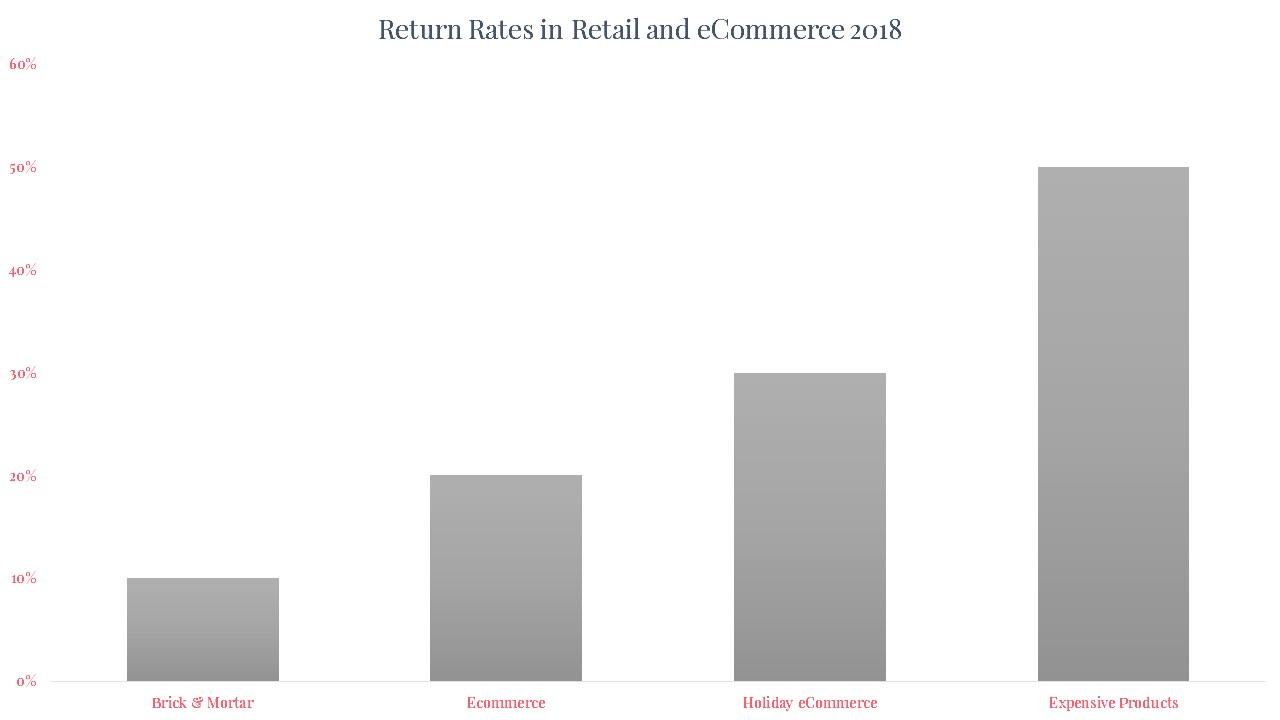APIs in the Fashion Industry
Leveraging Internal Data for Competitive Advantage
Retailers process vast amounts of data on consumers. When information regarding inventory status and consumer demand is shared in an fashion retailers supply chain (FRSC), it is demonstrated to positively influence supply chain coordination strategies and improve total profit (Huang et al., 2017b).
Information asymmetry occurs when members in a fashion retailers supply chain possess their own private information which is not observable by others. Information asymmetry affects supply chain coordination strategies significantly.
However, because of cost and technology constraints, relating to the sizing of garments. Apparel brands have adopted a one-size-fits-all approach, when creating apparel for different body shapes and sizes.
One of the spillover effects of opacity within fashion retailers supply chain network is that fashion retailers and their suppliers may not share returns data. Leading to information distortion. Chen and Bell (2013).
And the emergence of one of the most intractable challenges, impacting the apparel industry, the “return’s process”. According to KPMG, it costs UK retailers £6obn per annum. In the U.S. alone, Statista estimates return deliveries will cost $550 billion by 2020, 75.2% more than four years prior.
There are several companies applying emergent technologies to address, this problem. Body Labs is an AI organisation, focused on addressing the laborious, time consuming and expensive clothing returns process. Through the development of the new ShapeX, which uses a handful of ordinary measurements, of a consumers’ body, to predict the remaining measurements, the consumer will require for a perfect fit.
An application programming interface (API) is a set of programming instructions that enable one piece of software to be able to link with another. BodyLabs, mission is to create a suite of products that apparel manufacturers can deploy, to accurately size consumers at scale.
Poikos, the Birmingham based firm FlixFit API, is another organisation operating in the fashion industry offering body measurement solutions to retailers.
For pure-play e-commerce platforms, and retail websites the Virtusize API, may be used as a virtual fitting platform, that enables consumers to source the right size and fit for fashion apparel on retail and e-commerce websites.
Personalisation is a growing trend across several industries and start-ups are collaborating with retailers and e-commerce platforms to leverage historical data, to detect trends in user preferences, purchase history and average spend, to make more accurate and timely recommendations to consumers.
Leveraging External Data for Competitive Advantage - Traffic Congestion
Using TAXI APIs to Predict Congestion Evolution Patterns
Logistics plays a critical role in the delivery of goods. Diagnosing congestion onset and predicting congestion evolution patterns are considered strategic countermeasures to locate traffic bottlenecks and adopt proactive measures for congestion mitigation.
Data leveraged from intelligent transportation systems, (ITS) and Internet of Things (IoT), can be used to gain a competitive advantage in ensuring that the right goods get to market at the right time.
The application of deep learning techniques, such as Boltzmann Machine and Recurrent Neural Network architecture has been used to model and predict traffic congestion based on Global Positioning Systems (GPS) using data from taxis. Prediction accuracy achieved can be as high as 88% within less than 6 minutes when the model is implemented in a Graph Processing Unit (GPU) – based parallel computing environment.
Other sources of external data organisations may deploy include. Traffic Apis such as HERE. This tech firm provides real-time data on traffic incidence, and traffic flow, in central London enabling organisations to effectively calculate the most efficient routes for the transportation of goods.
Other transportation companies with API’s that operate in this space include; SmartMonkey Route Optimization for last mile route optimisation, and KeepTrucking.com, for fleet management. The API may be deployed to monitor fleet operations using real -time GPS tracking systems. Enabling the tracking and monitoring of drivers and their trucks across multiple geographical locations.
Leveraging External Data & Personalisation for Competitive Advantage – Trends in Consumer Preferences
Long lead times and volatile consumer demand ensures that sales forecasting in fashion retail is an art rather than a science. Accurate sales forecasting is essential for financial success.
However, the supply chain architecture of some fashion retailers. Leaves them vulnerable to the rapidly changing consumer preferences, fashion trends and the weather. As some fashion apparel manufacturers conduct demand forecasting long before the selling season begins.
Fast fashion retailer, Zara with its leagile supply chain can mitigate some of the risks associated with the fickle nature of consumer preferences. Through ensuring that pre-season apparel production, only accounts for 15%-20% of the firm’s annual apparel production.
The industry average is 45%. In season production is 45%-60%, the industry average is 0%-20%.
As mentioned in the blog post “fast fashion and supply chain management”, for companies to be well positioned to exploit the value inherent in the data traversing, their supply chains. The supply chain must reflect the demand characteristics of the products, that are distributed through the network of suppliers. This is closely tied to the financial performance of organisations.
However, there are API’s available that may enable fashion retailers to at least ensure that once, their products are in store. They can target consumers outside their normal target audience with a preference for their apparel. Through leveraging data and personalisation techniques to make inferences about consumers they may have overlooked or are not reaching, via traditional marketing channels.
Qloo, is the leading AI platform for providing anonymised and encrypted consumer preference data and recommendations for organisations incumbent in tech, entertainment, publishing and retail.
The Qloo, API detects trends in user preferences and personalises related items within a database of culture and entertainment
Big data may also be canvased to address the dilemma retailers face when forecasting demand. Big data migrates the conversation away from the traditional historical database demand forecasting to big database nowcasting. Fashion retailers can analyse enormous consumer comments collected from various social media platforms.
Enabling fashion retailers to more accurately identify consumer needs, complaints and expectations
























